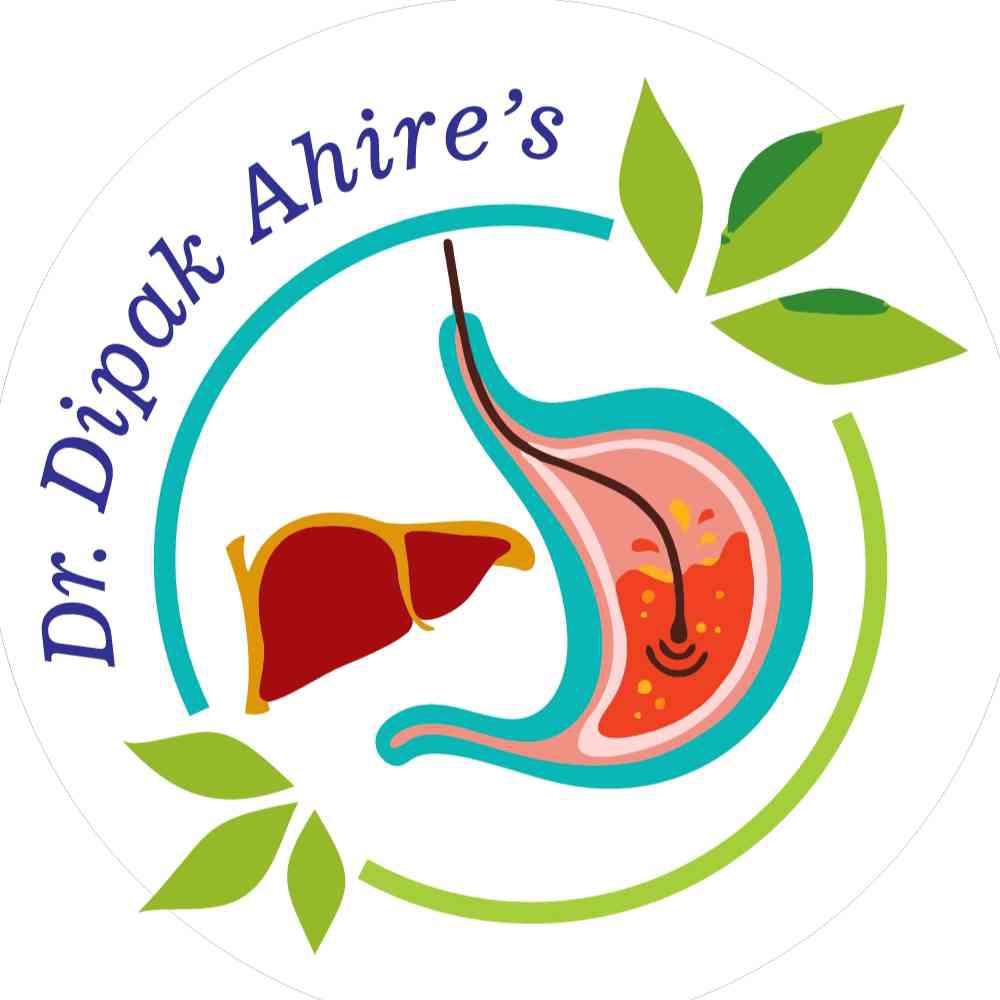+918048060922

This is your website preview.
Currently it only shows your basic business info. Start adding relevant business details such as description, images and products or services to gain your customers attention by using Boost 360 android app / iOS App / web portal.
Description
Therapeutic endoscopy encompasses several procedures aimed at diagnosing and treating conditions affecting the digestive system. Here's a brief overview of some common therapeutic endoscopic procedures: Endoscopic Retrograde Cholangiopancreatography (ERCP): ERCP is used to diagnose and treat conditions of the bile ducts and pancreatic ducts. It involves passing an endoscope through the mouth into the duodenum, then injecting contrast dye into the bile and pancreatic ducts to obtain images. Therapeutic interventions during ERCP include removing bile duct stones, widening narrowed ducts (with balloon dilation or stent placement), and treating other obstructions or strictures. Endoscopic Ultrasound (EUS): EUS combines endoscopy with ultrasound imaging to examine the gastrointestinal tract and nearby structures (e.g., pancreas, bile ducts, lymph nodes). It provides high-resolution images, allowing for precise diagnosis and staging of diseases such as pancreatic cancer. Therapeutic applications of EUS include fine-needle aspiration (FNA) or biopsy of suspicious lesions, drainage of fluid collections (e.g., pancreatic pseudocysts), and guidance for interventions like celiac plexus neurolysis for pain management in pancreatic cancer. Cholangioscopy: Cholangioscopy involves the insertion of a specialized endoscope (cholangioscope) into the bile ducts. It allows direct visualization of the bile ducts, aiding in the diagnosis and treatment of various biliary disorders, such as strictures, stones, and tumors. Therapeutic procedures performed during cholangioscopy include lithotripsy (breaking up bile duct stones), laser ablation or electrohydraulic lithotripsy for stone removal, and biopsies of suspicious lesions. These procedures are typically performed by gastroenterologists or interventional endoscopists with specialized training. They offer minimally invasive alternatives to traditional surgery for many gastrointestinal conditions, with fewer risks and faster recovery times for patients.

